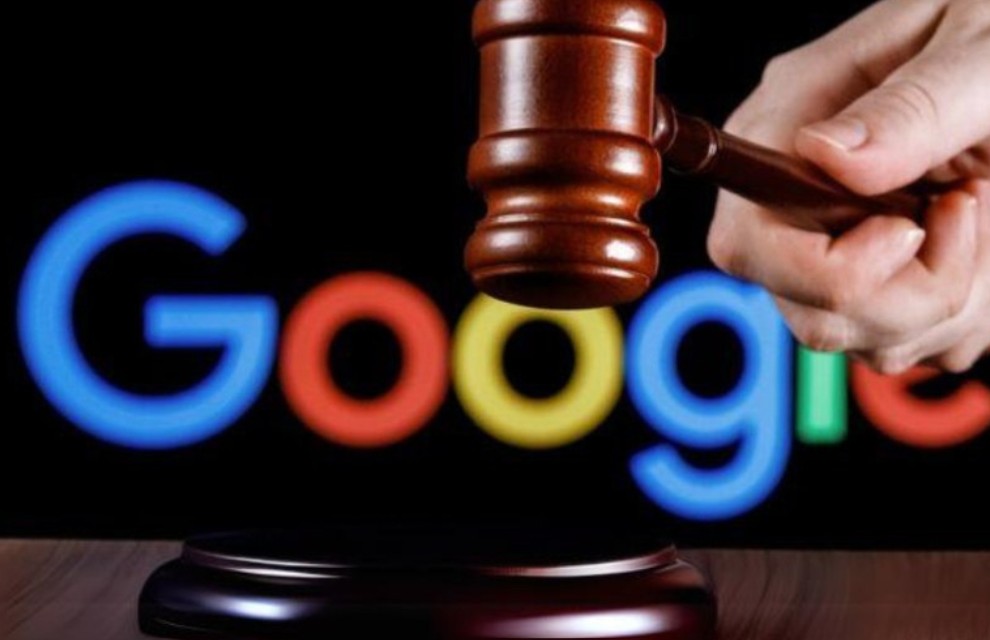A US judge has determined that the technology giant Google holds a monopoly in the realm of online advertising technology.
The US Department of Justice, in conjunction with 17 states, filed a lawsuit against Google, contending that the company was unlawfully dominating the technology that dictates the placement of online advertisements.
This marks the second antitrust case that Google has lost within a year, following a ruling that established the company’s monopoly in online search.
In response to the ruling, Google announced its intention to appeal.
“Publishers have numerous alternatives and opt for Google because our advertising technology tools are straightforward, cost-effective, and efficient,” stated Lee-Ann Mulholland, the firm’s head of regulatory affairs.

US District Judge Leonie Brinkema noted in her ruling that Google had “deliberately engaged in a series of anticompetitive actions” that allowed it to “acquire and maintain monopoly power” in the industry.
“This exclusionary behavior significantly harmed Google’s publisher clients, disrupted the competitive landscape, and ultimately affected consumers of information on the open web,” she remarked.
Google was found liable on two counts, while a third count was dismissed.
“We succeeded on half of this case and will appeal the remaining portion,” Ms. Mulholland commented.
“The Court determined that our advertising tools and acquisitions, including DoubleClick, do not harm competition.”
Google’s legal representative argued that the case placed excessive emphasis on the company’s historical actions, neglecting to consider other major advertising technology providers like Amazon.
“Google has consistently leveraged its market power to favor its own products, hindering innovation and depriving premium publishers globally of essential revenue necessary for sustaining high-quality journalism and entertainment,” asserted Jason Kint, head of Digital Content Next, a trade association for online publishers.

‘Structural changes’
Google possesses significant companies on both the buyer and seller sides of the online advertising market, in addition to an ad exchange that connects demand with supply.
Anupam Chander, a law and technology professor at Georgetown University, stated that internet users are unlikely to perceive any changes online due to the recent decision.
However, it does impact “the allocation of funds among advertisers, publishers, and advertising service providers.”
He further noted, “The judge appears inclined to mandate structural modifications in Google’s advertising exchange operations, which may have some effect on Google’s financial performance, yet do not seem to pose a significant threat to its fundamental role as an intermediary in advertising.”
In a series of ongoing antitrust lawsuits, the U.S. government contends that Google and its parent company, Alphabet, should be dismantled, potentially involving the divestiture of certain segments, such as the Chrome browser.
In September, the UK’s competition authority provisionally determined that Google was engaging in anti-competitive practices to maintain its dominance in the online advertising technology sector.








